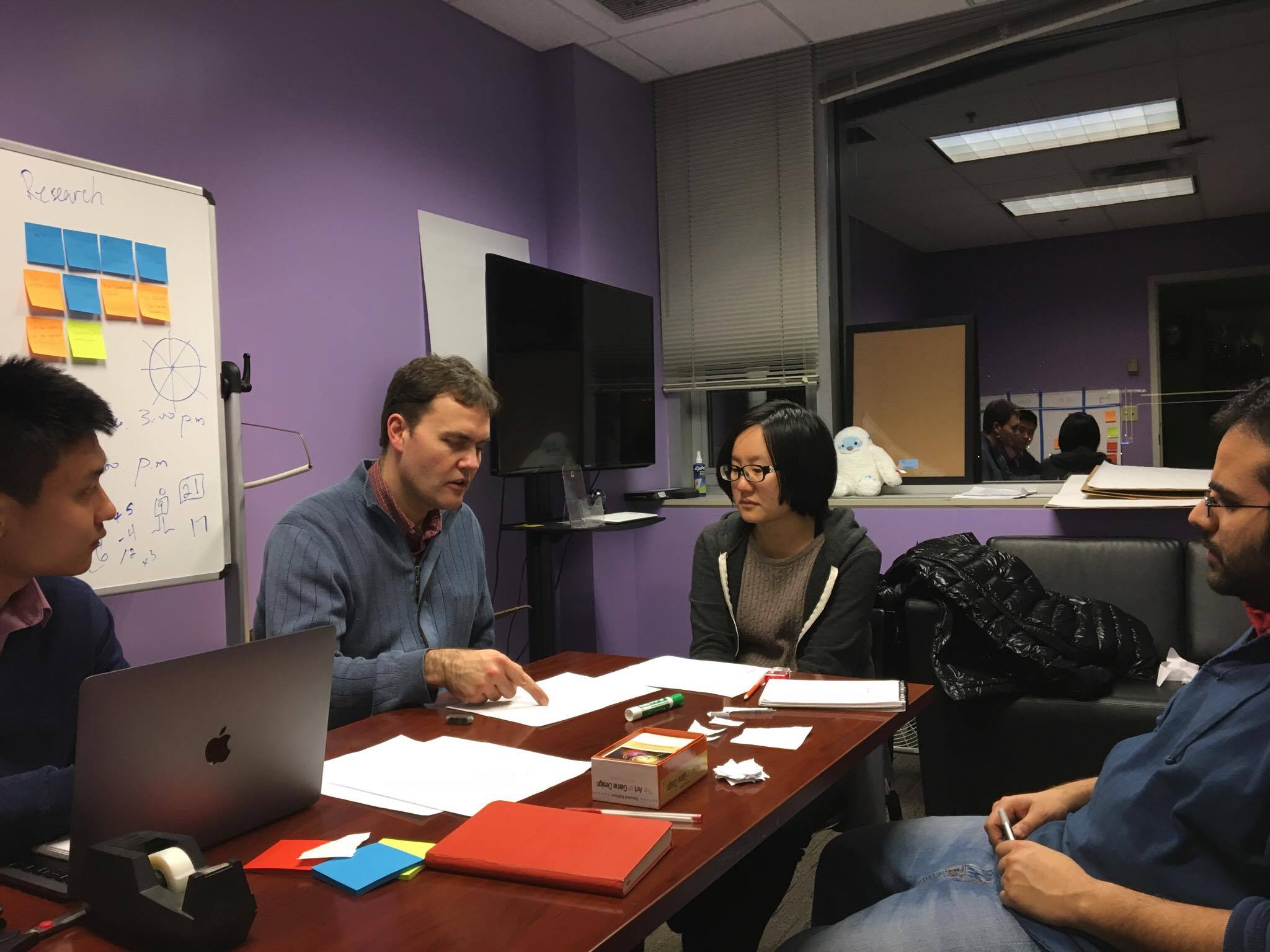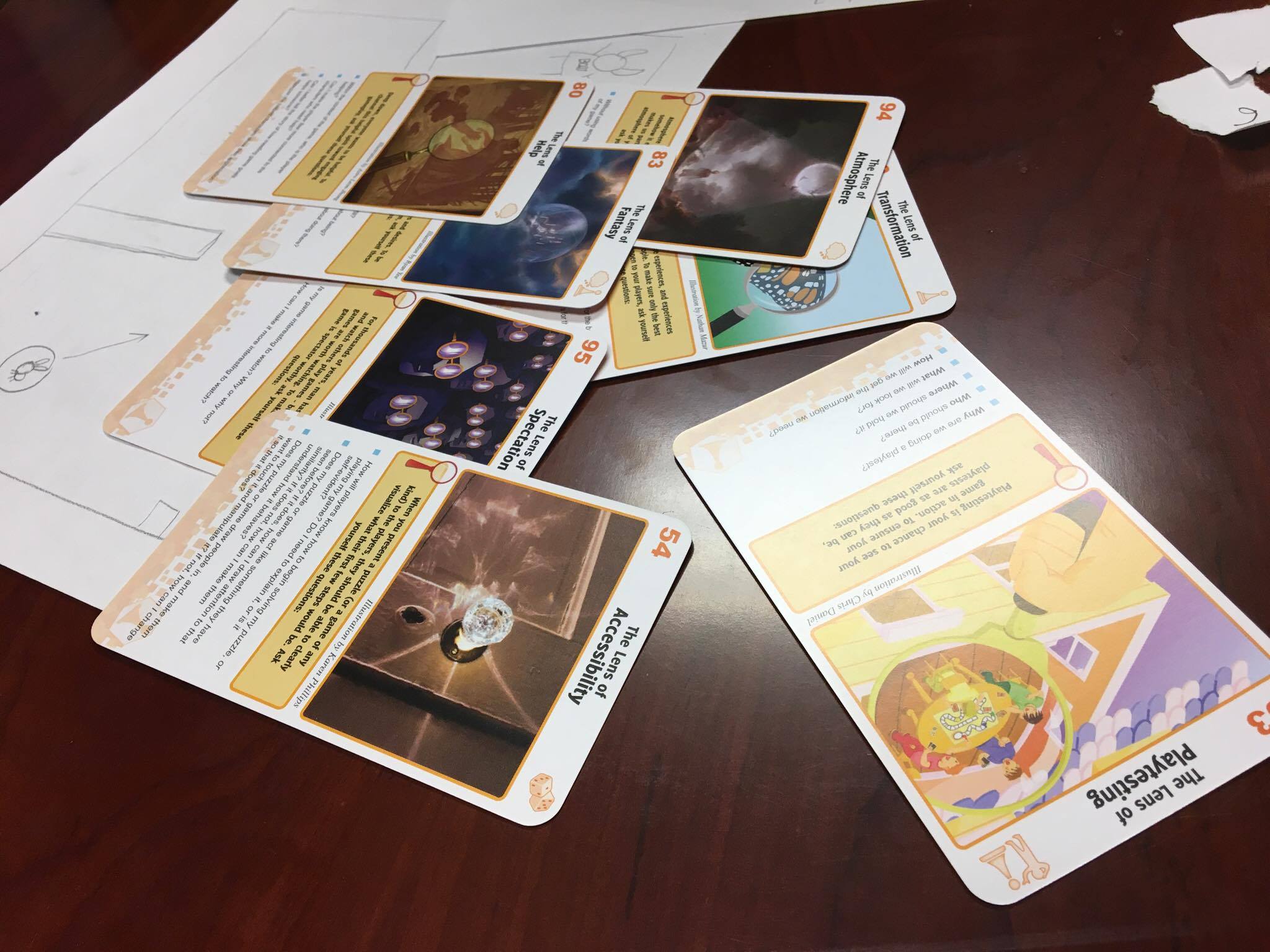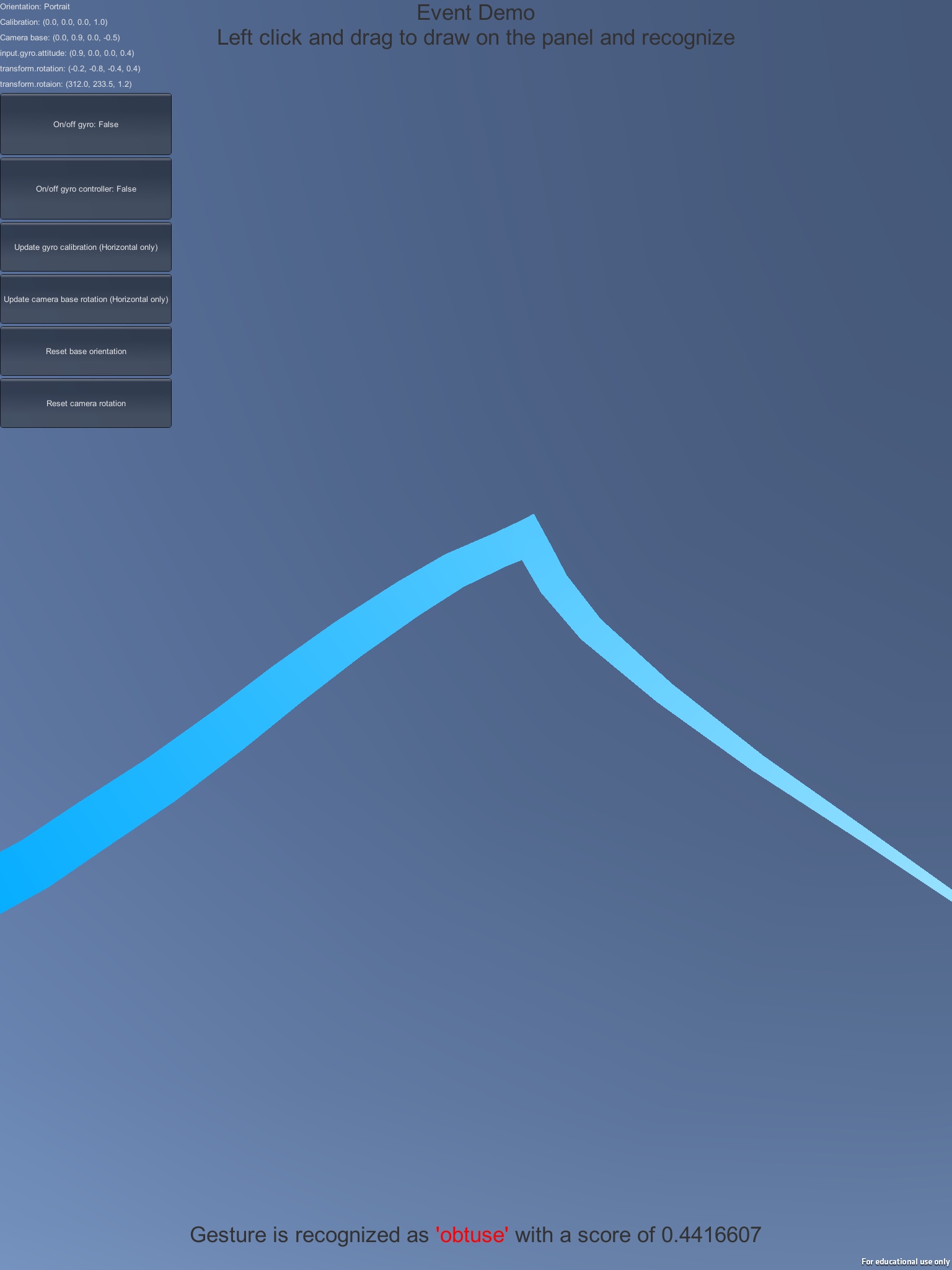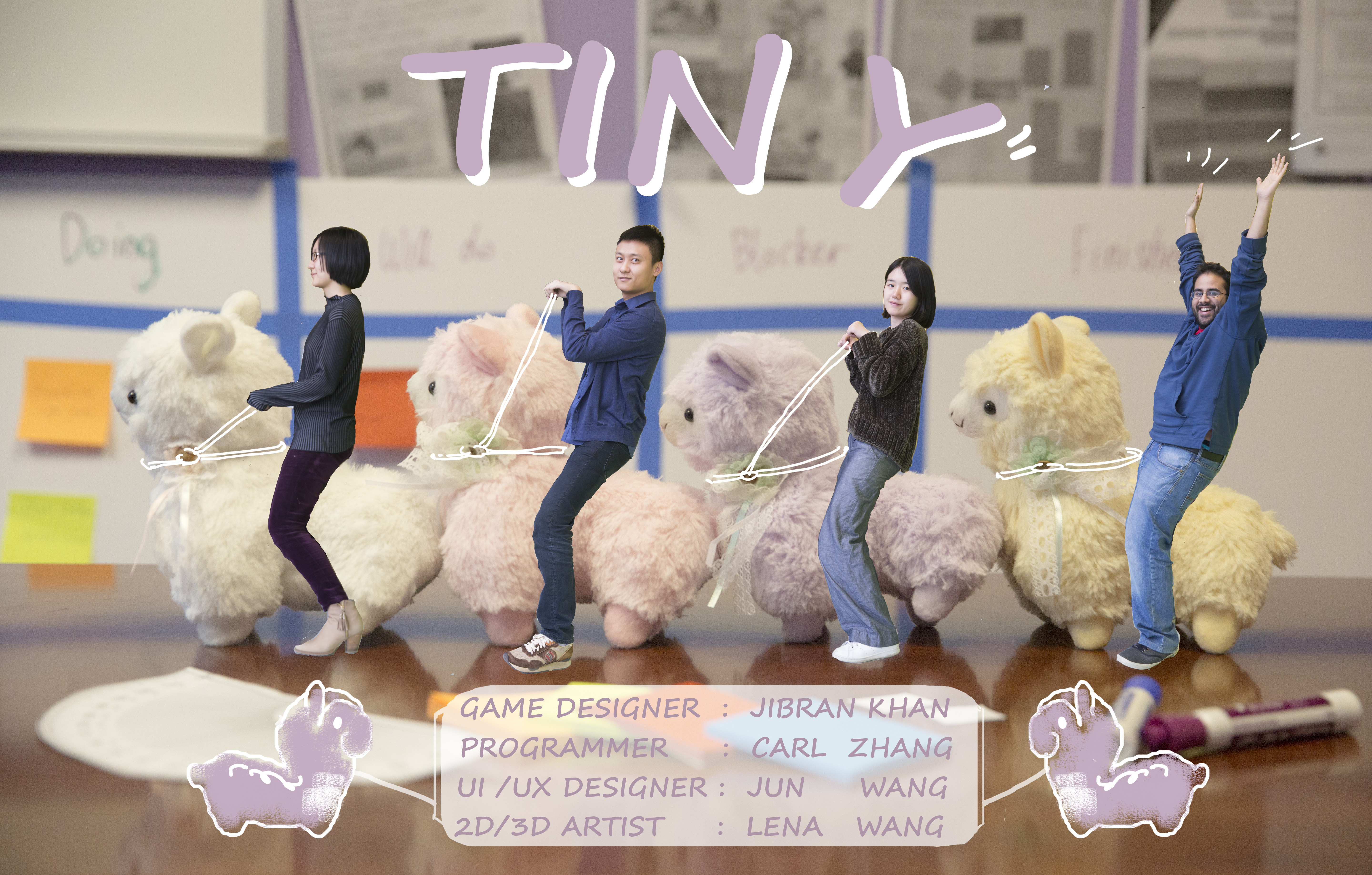Quarters
On Monday we had quarters which gave us lots of feedback from the faculty.

Considering the feedback from quarters we went about revamping our ideas.
Revamp
One concern was raised regarding the complexity that physics considerations adds to the game which were not core to teaching angles to our target demographic. Since both our current ideas had an element of physics we took this feedback on board. We then changed the design direction, and made decisions to minimizing the element of physics.
Pirates Life
- Since we are firing a cannon ball, we wanted to change the perspective to lessen the look that the cannon ball is making an arc so that players don’t consider that aspect of physics.
- To enhance learning we also would not having monsters move when missing, instead we would give them a new problem.
- To give us more design flexibility we would have the pirate ship not be fixed to bottom center of ipad, instead have it so that it can be move around but remains fixed so as to allow us to create more types of problems.
Alpaca Toss
One critique was that in both games angles were not a core part of the experience, and so we ‘tossed’ Alpaca Toss. Yet we used some of its core in a new idea.
This new idea came about whilst playing Tomb Raider, and remembering a scene from The Mummy that involved light beams that lit up a room.

The idea was essentially that we used ‘angle gems’ to move around a source of energy that charged up a power stone that opened up a door with treasure behind it.
We named this new idea Treasure Hunter, and designed five levels on Wednesday to try out the new mechanic.
On Thursday we prepped to visit Colonial School on Friday. We fancied up the Treasure Hunter prototype, prepared a playtest format, planned a drawing activity for the kids, and prepared some questions for the teacher.






